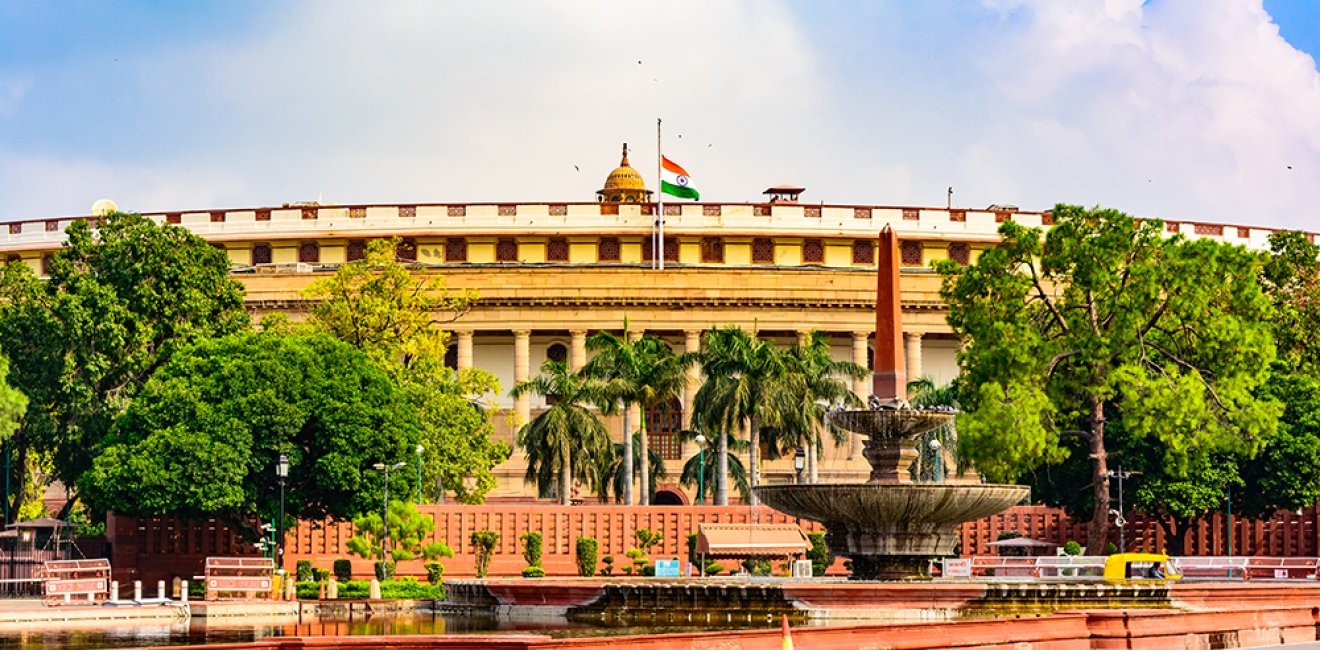
A blog of the Indo-Pacific Program
In recent weeks, the Trump administration has sought to address the role that values and norms should play in its foreign policy generally, and in the U.S. strategy toward the Indo-Pacific specifically. This is a reflection of a long-standing debate in American foreign policy, going back to the founding of the nation itself, but the arguments made by top U.S. officials are worth considering.
Speaking to the Claremont Institute, Secretary of State Mike Pompeo called for the United States to work with like-minded nations like Australia, India, Japan, and South Korea to ensure that each country in the region remains free from coercion, and linked this strategy to “western” values: “The distinctive mark of Western Civilization is the belief in the inherent worth of human beings, with the attendant respect for God-authored rights and liberties. Indeed, the Declaration says that ‘all men are created equal.’ And we ought to help nations protect these first things – and human rights as well.” A few days previously, State Department Director of Policy Planning Dr. Kiron Skinner also opined that U.S. competition with China will differ from the Cold War because China is not “part of the Western family,” and that strategies based on the promotion of human rights will therefore not resonate with China today as it did in the Soviet Union. I have reacted to these remarks elsewhere, but there is a thread of thinking from Secretary Pompeo’s and Dr. Skinner’s remarks that deserves closer examination.
Specifically, it is clear that the Trump administration – or at least the State Department – sees an ideological component to its foreign policy, including in its approach to the Indo-Pacific. As I have written in this blog previously, I believe the Trump administration – on this issue – is spot on. Yet I fear that Secretary Pompeo and Dr. Skinner have missed the mark on the roots of these values in a way that could undermine the effectiveness of U.S. policy.
The key problem is to describe these values as inherently “Western.”
The key problem is to describe these values as inherently “Western.” The contradiction is obvious in Secretary Pompeo’s formulation – that India, Japan, and South Korea are somehow part of the Western tradition, and that Chinese civilization is not. Clearly, none of these countries are “Western” – each has its own history and philosophical tradition – yet political liberalism has nonetheless spread across Asia. Secretary Pompeo was right to note that the Declaration of Independence states “that all men are created equal, that they are endowed by their creator with certain unalienable rights.” But he forgot that Western Civilization did not create these rights – they are inherent to all human beings, beyond the West. Democracy has flourished in Asia because it is the system of government that best reflects the inherent rights of all people for self-government, regardless of culture or civilization.
There are practical implications of the Trump administration’s argument. First, to call human rights the product of “Western Civilization” is to unnecessarily label our like-minded partners as somehow part of the West – to remove them from their own history and heritage. Our allies and partners are proud of their own heritage and culture, and we should never suggest that political liberalism is somehow incompatible with their history. It would be preferable – and more effective – for U.S. officials to highlight the universality of these values, to congratulate our allies and partners on the success of their democracy, and note that political liberalism is compatible with any history and any culture.
It is also a strategic mistake to believe that such values are powerless against authoritarian regimes like China.
It is also a strategic mistake to believe that such values are powerless against authoritarian regimes like China. The Trump Administration is absolutely correct that Beijing rejects core principles that are inherent to political liberalism, such as free speech, civil society, and the rule of law. Yet it makes a significant error by attributing this rejection to culture and history: it is not Chinese culture that rejects these tenants of political liberalism, but rather the Chinese Communist Party itself. Chinese history is replete with examples of calls for democracy and political reforms – which is one reason why Beijing has invested hundreds of billions of dollars in its own domestic security system. Indeed, the robust democracy that continues to thrive on Taiwan is a constant reminder about the compatibility of Chinese culture and political liberalism.
As a strategic competition between China and the United States intensifies, values will be a critical battleground in which the United States has a major advantage. The U.S. commitment to democracy and human rights – even though our record on living up to these values has been far from perfect – is a critical aspect of American power internationally and a fundamental driver of American soft power. To utilize them effectively, however, American policy makers must clearly understand their foundations.
Image: Amit kg / Shutterstock.com
Follow Abraham Denmark, director of the Asia Program, on Twitter @AbeDenmark.
The views expressed are the author's alone, and do not represent the views of the U.S. Government or the Wilson Center. Copyright 2019, Asia Program. All rights reserved.
Author


Indo-Pacific Program
The Indo-Pacific Program promotes policy debate and intellectual discussions on US interests in the Asia-Pacific as well as political, economic, security, and social issues relating to the world’s most populous and economically dynamic region. Read more





